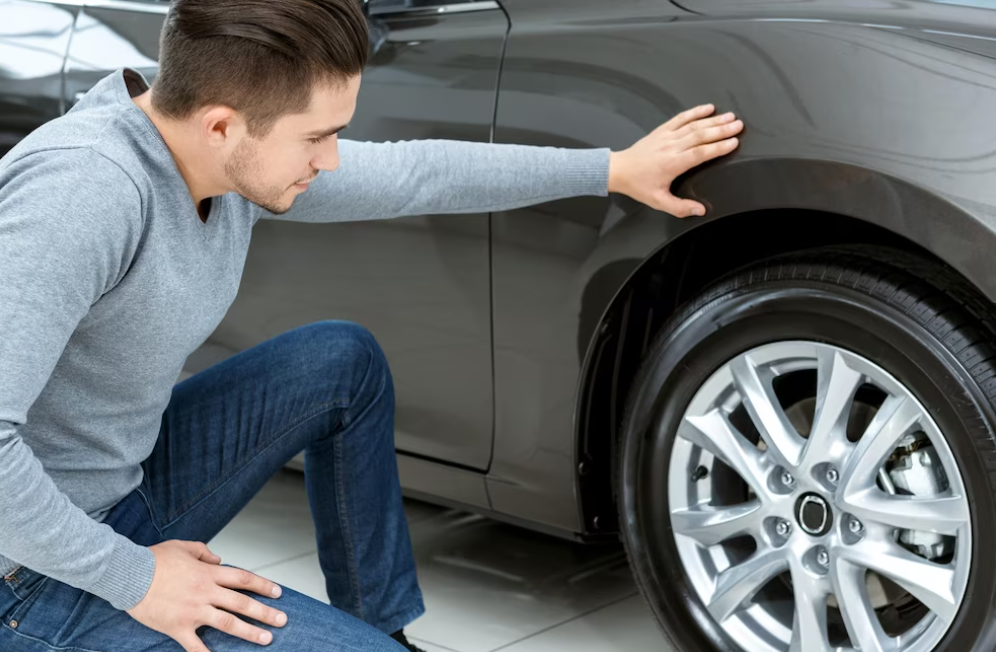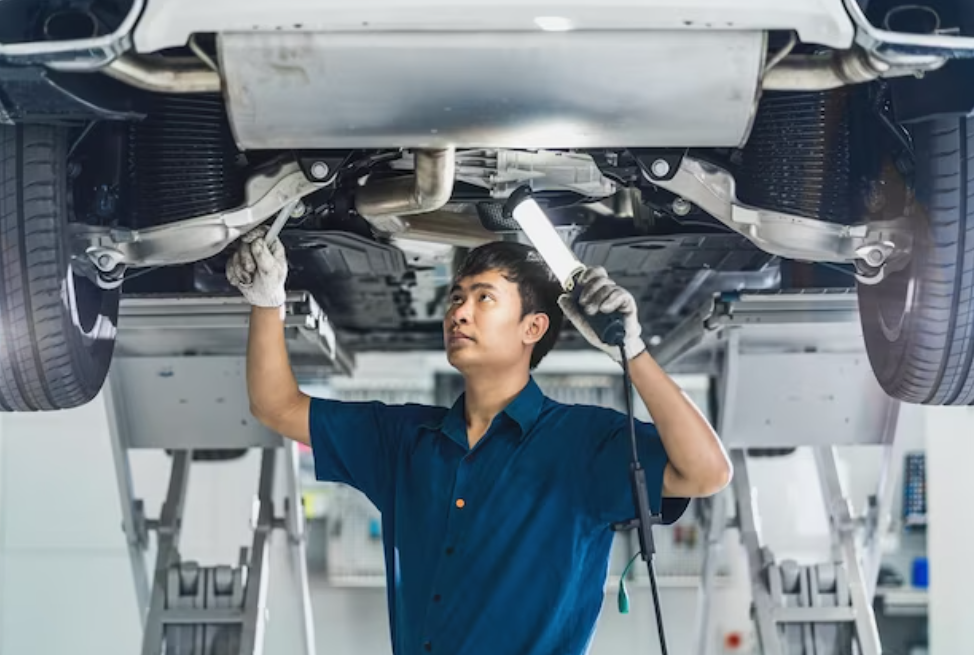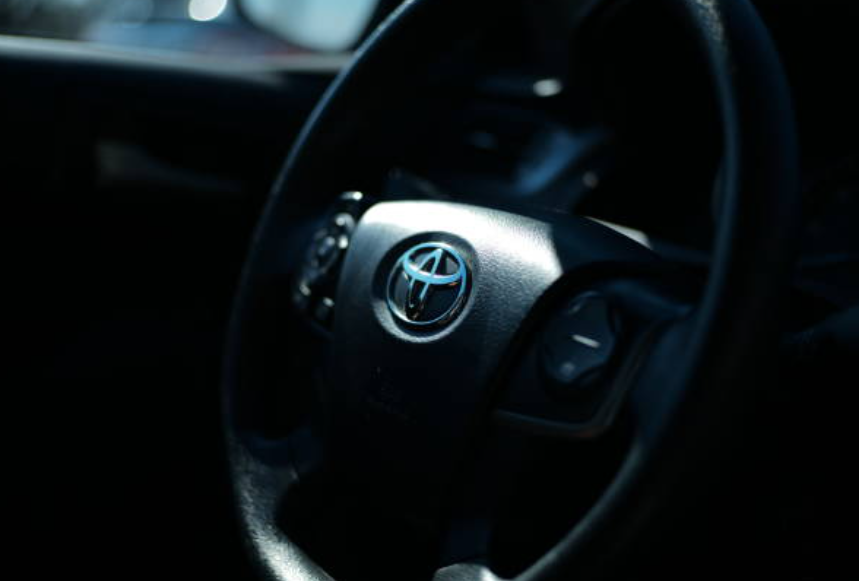Car Vibrates When Accelerating? Uncover the Possible Causes and Solutions
Are you feeling an uncomfortable vibration when accelerating your car? Maybe it's coming from the engine, or it could even be shaking your entire vehicle. It’s a situation that no driver likes to experience after all, you expect smooth driving experience from a healthy car! Fear not though; we are here to help diagnose and repair those annoying vibrations.
This blog article will walk you through some typical reasons why your automobile could vibrate while accelerating, as well as offer some useful tips on how to address the issue fast and efficiently. Prepare to quickly regain control of your vehicle!

Common Causes of Car Vibrations When Accelerating
Wheel Alignment Issues:
Incorrect wheel alignment can cause your car to pull to one side and create vibrations during acceleration. We'll discuss the importance of proper wheel alignment, its effects on handling, and how regular alignment checks can save you from potential problems.
Damaged or Worn-Out Drivetrain Components:
Faulty components in the drivetrain, such as worn-out CV joints, damaged axles, or malfunctioning driveshafts, can lead to vibrations under acceleration. We'll explore the significance of these parts, symptoms of wear, and the importance of timely replacements.
Engine Troubles:
Issues with the engine can also manifest as vibrations when you hit the gas pedal. We'll examine potential engine-related causes, such as misfiring cylinders, faulty spark plugs, or engine mounts, and discuss the importance of regular engine maintenance.
Transmission Problems:
A malfunctioning transmission can affect power delivery, causing vibrations during acceleration. We'll explain how transmission issues can impact your car's performance and how to detect and address them.
Worn-Out Suspension Components:
Your car's suspension system plays a vital role in providing a smooth ride. We'll explore how worn-out shocks, struts, or bushings can contribute to vibrations and discuss the importance of regular suspension inspections.
Brake System Concerns:
Brake-related issues, such as warped brake rotors or sticking brake calipers, can cause vibrations during acceleration. We'll discuss the potential brake-related causes of vibrations and the importance of maintaining a healthy braking system.
Exhaust System Problems:
Faulty exhaust components, like a damaged catalytic converter or loose exhaust pipes, can also lead to vibrations. We'll explore the impact of exhaust system issues and the importance of addressing them promptly.
Balancing Engine Performance and Vibrations:
In some cases, car modifications, such as engine tuning or aftermarket parts, can affect engine balance and lead to vibrations. We'll highlight the importance of finding the right balance between performance upgrades and smooth driving.

Experiencing vibrations when accelerating in your car can vary in seriousness and danger level depending on the specific issue. Some problems may be minor, affecting only ride comfort, while others can pose significant safety risks. Imbalanced or worn-out tires may not be immediately dangerous but can lead to uneven tire wear and stability issues.
On the other hand, problems with the drivetrain, the engine, the gearbox, or the brakes may have serious repercussions, including power loss, poor handling, and reduced stopping effectiveness, which might pose a risk to other road users. Ignoring these symptoms might result in more severe issues.

To reduce vibrations while accelerating in your car, it is essential to prioritize preventive maintenance. Regularly inspect and maintain your tires, ensuring proper balance, alignment, and inflation. Address any drivetrain issues, such as worn-out CV joints or axles, to ensure smooth acceleration. Perform engine tune-ups and check the transmission regularly to maintain optimal performance.
Don't overlook the importance of a well-maintained suspension system and brakes, as faulty components can contribute to vibrations. Drive smoothly and avoid overloading your car to minimize stress on the vehicle's components. By following these measures and promptly addressing any issues, you can enjoy a smoother and safer driving experience while preventing potential long-term damage to your vehicle.
-
Can regular maintenance prevent vibrations during acceleration?
Yes, regular maintenance plays a crucial role in preventing vibrations. Keeping tires properly balanced and aligned, conducting regular engine tune-ups, inspecting the drivetrain and suspension components, and maintaining a healthy brake system can help avoid vibrations and ensure smooth driving.
-
Can aftermarket modifications cause vibrations during acceleration?
Yes, improper aftermarket modifications can lead to vibrations. If modifications are not correctly installed or balanced, they can affect the vehicle's overall performance, including acceleration.
See more review here: Top 10 Transmission Fluid Pumps For Smooth Gear Shifts














